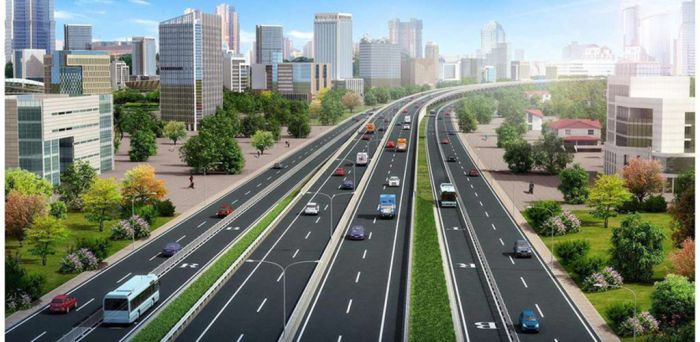The Kenya National Highways Authority (KeNHA) has ignited a heated debate by omitting major roads and bridges in the Nyanza region from its recent tender announcements for road maintenance, released on August 15. The glaring absence of Nyanza projects in the Road Maintenance Levy Fund (RMLF) has raised eyebrows, sparking concerns over equitable distribution of development projects across the country.
In a list encompassing 165 roadworks across 11 regions for the first two quarters of the 2023-2024 Financial Year, the Nyanza region, considered a stronghold of opposition leader Raila Odinga, is conspicuously overlooked. KeNHA has included only one road that links Kisii to Kadongo, extending to Ahero, despite the evident need for road repairs and maintenance in the region.
In stark contrast, KeNHA has earmarked 40 road infrastructure projects for President William Ruto's Rift Valley backyard, with South Rift receiving plans for 10 roads and North Rift set to benefit from 30 roads.
Deputy President Rigathi Gachagua's home region, Mt Kenya, is slated to undergo maintenance on 37 roads, with 11 designated for Central and the remainder for Upper Eastern, encompassing Meru, Tharaka Nithi, and Embu Counties.
North Eastern is set to witness the recarpeting of 37 roads, a region that boasts a significant share of road development under KeNHA. The Lower Eastern area, comprising Kitui, Makueni, and Machakos Counties, is slated for 22 road maintenance projects.
Meanwhile, the western region is assigned 10 roads for maintenance, and the Coast region is allocated merely six roads for upkeep. Additionally, KeNHA has scheduled two roads at its headquarters and six roads in Nairobi for maintenance. The New Tana River Bridge and approach roads along the Ukasi-Garissa-Modika (A3) Road are among the key projects on KeNHA's radar.
Amid this controversy, the Linda Ugatuzi lobby group has announced its intention to petition parliament over the exclusion of Nyanza from the road maintenance tenders. Expressing their discontent, the group's director, Prof Fred Ogola, questioned the government's commitment to equitable development, particularly in light of alleged political pressures. Ogola emphasized that Nyanza, like other regions, contributes to national taxes and should thus receive its share of development initiatives.
Referring to Deputy President Rigathi Gachagua's previous warning regarding development funding, Ogola challenged, "Is the government living true to its threat?" The lobby group has indicated its readiness to escalate the matter to the National Cohesion and Integration Commission (NCIC) if parliamentary action is not taken promptly.
As the controversy simmers, questions surrounding equitable resource allocation and the political motivations behind such decisions continue to dominate public discourse, underscoring the complex dynamics of development and regional representation.

